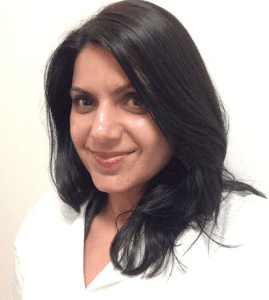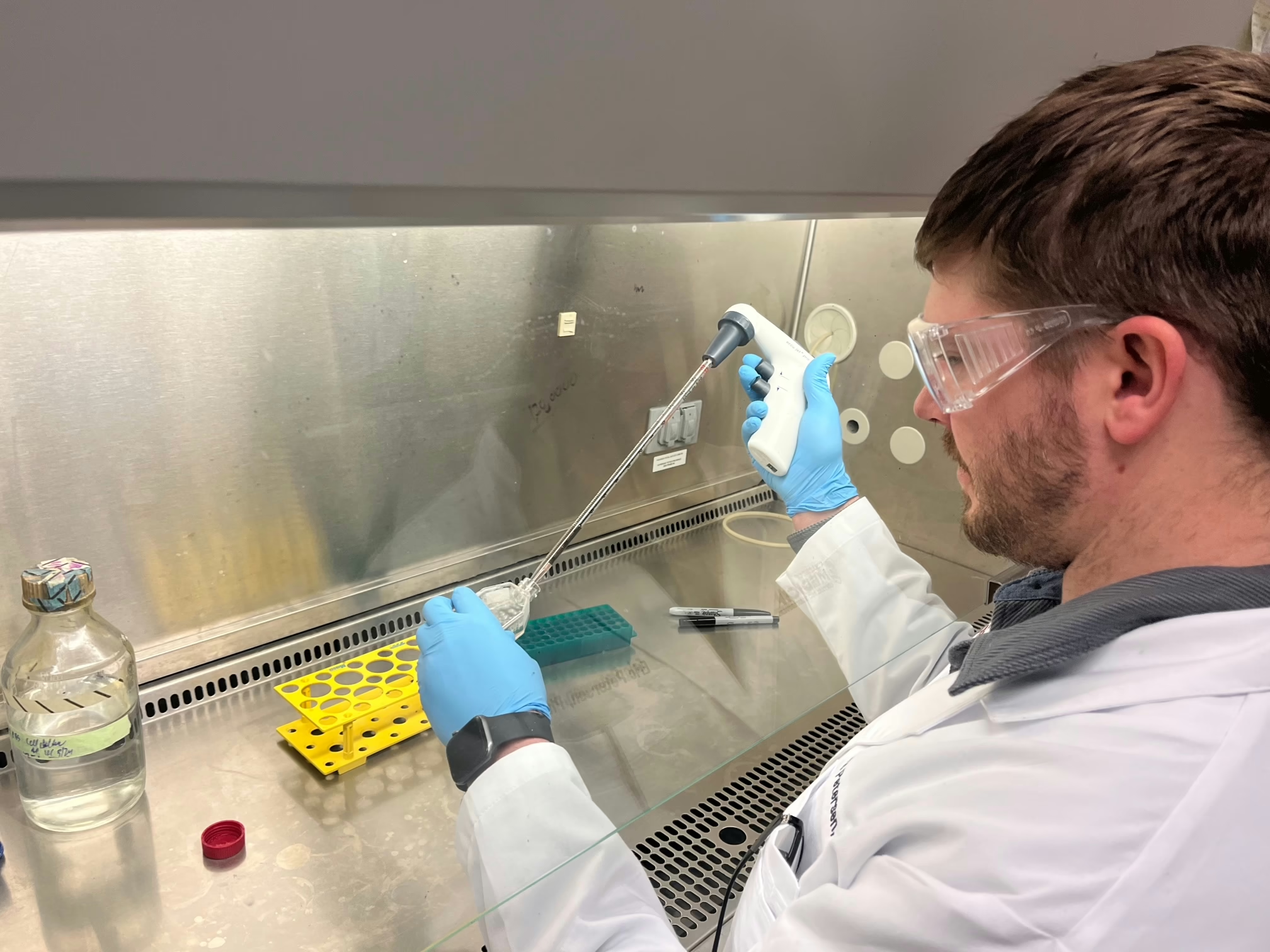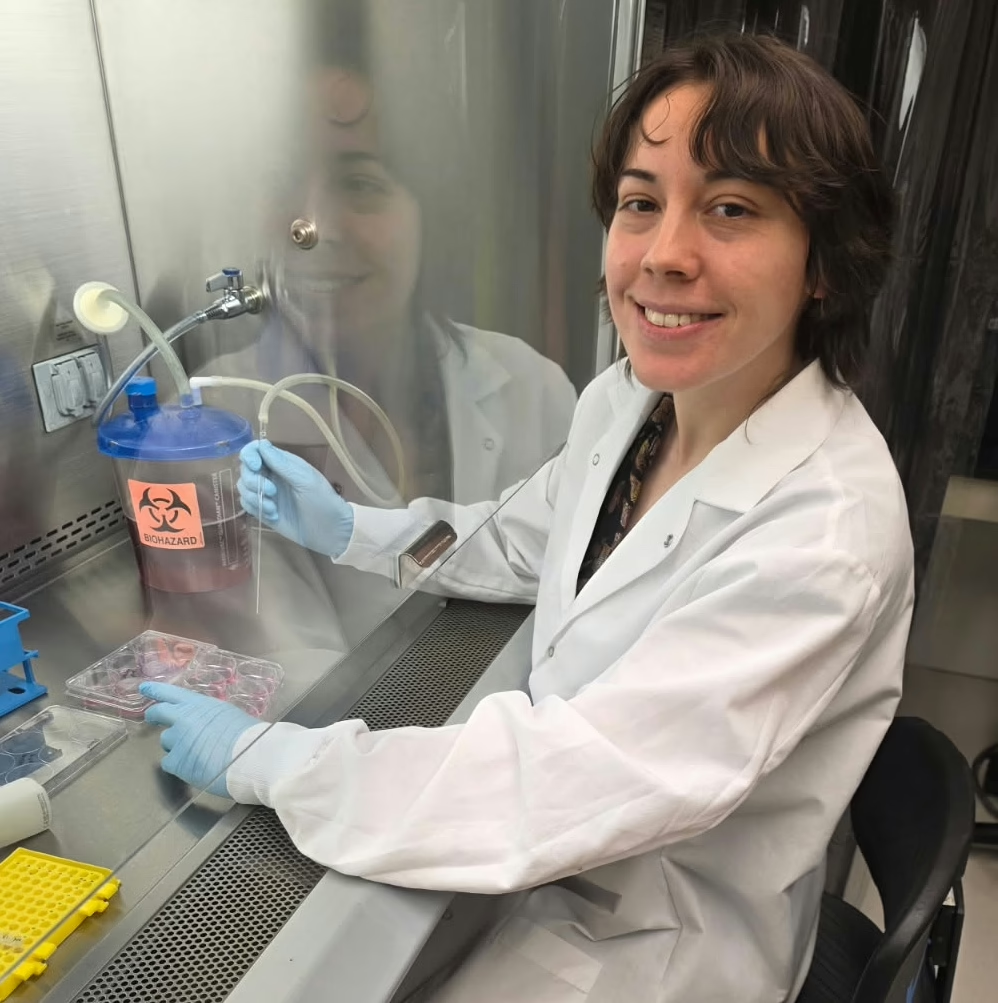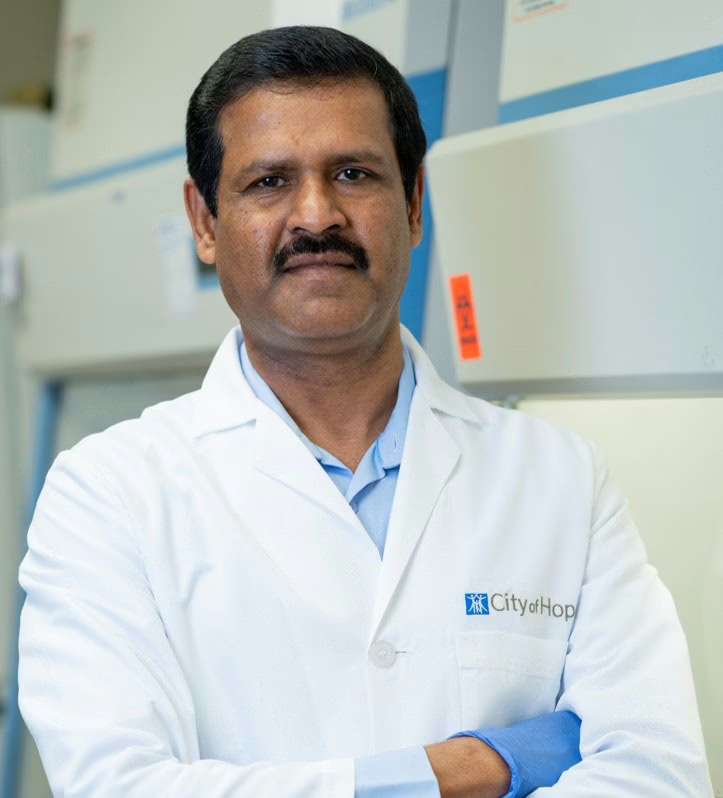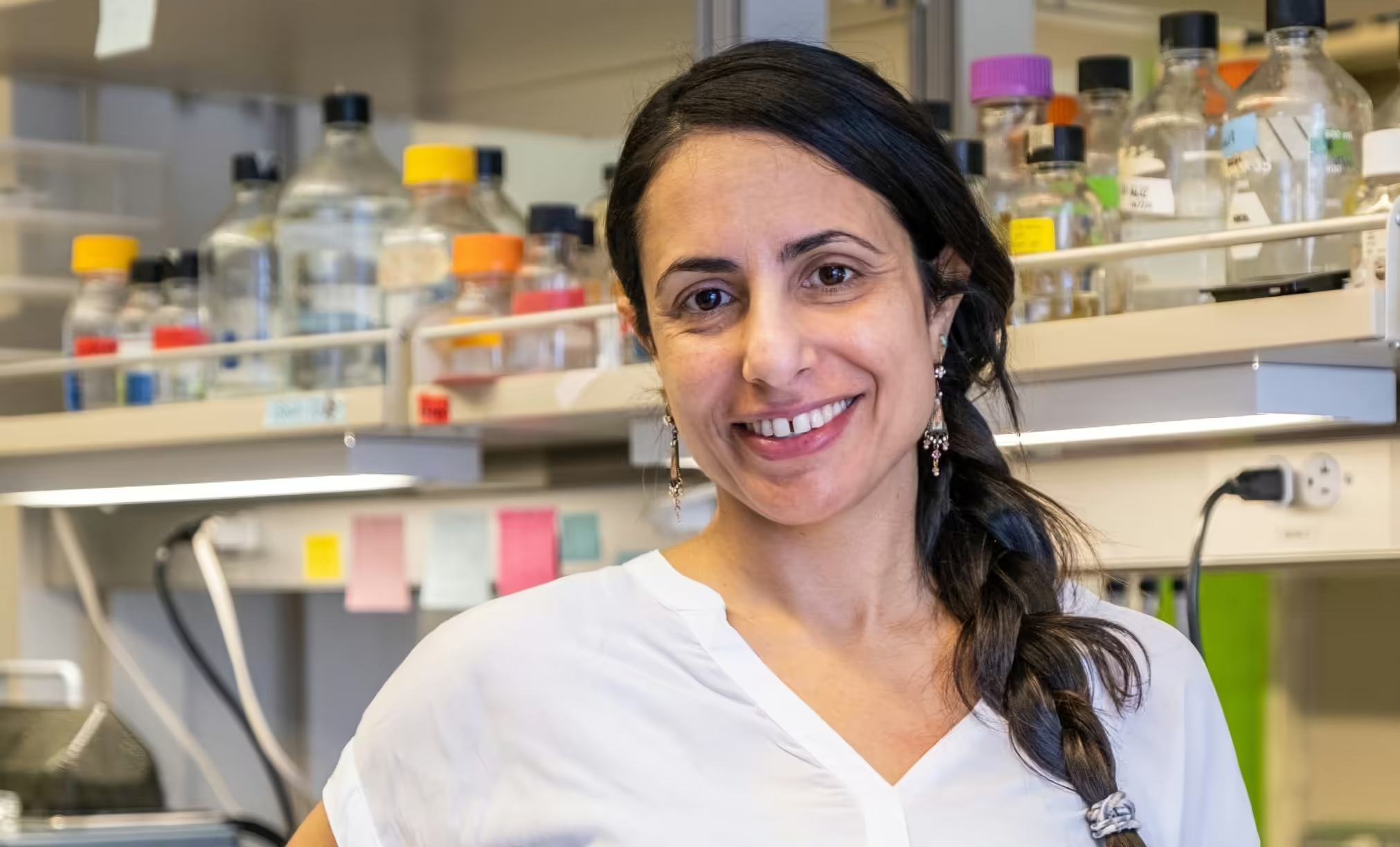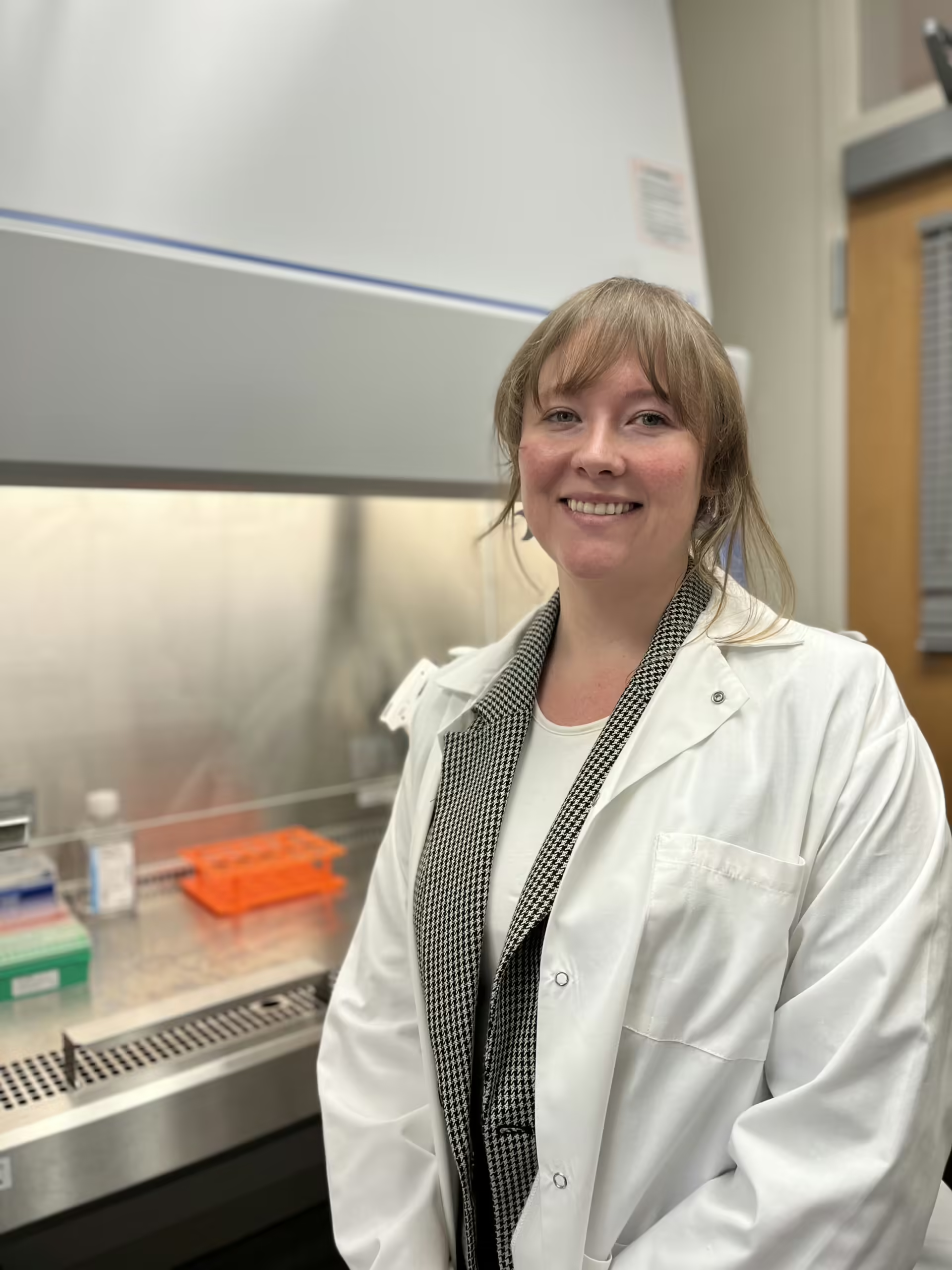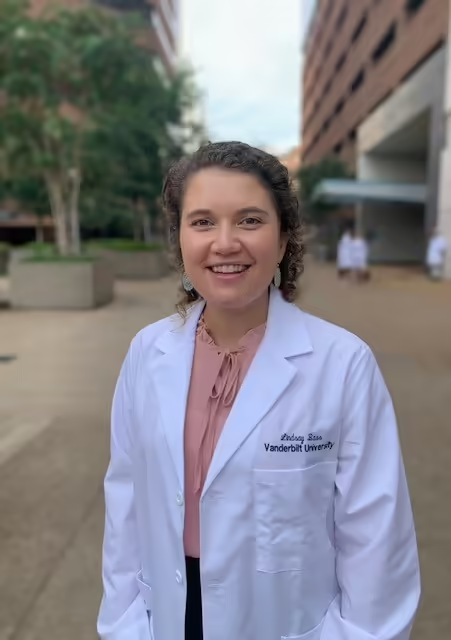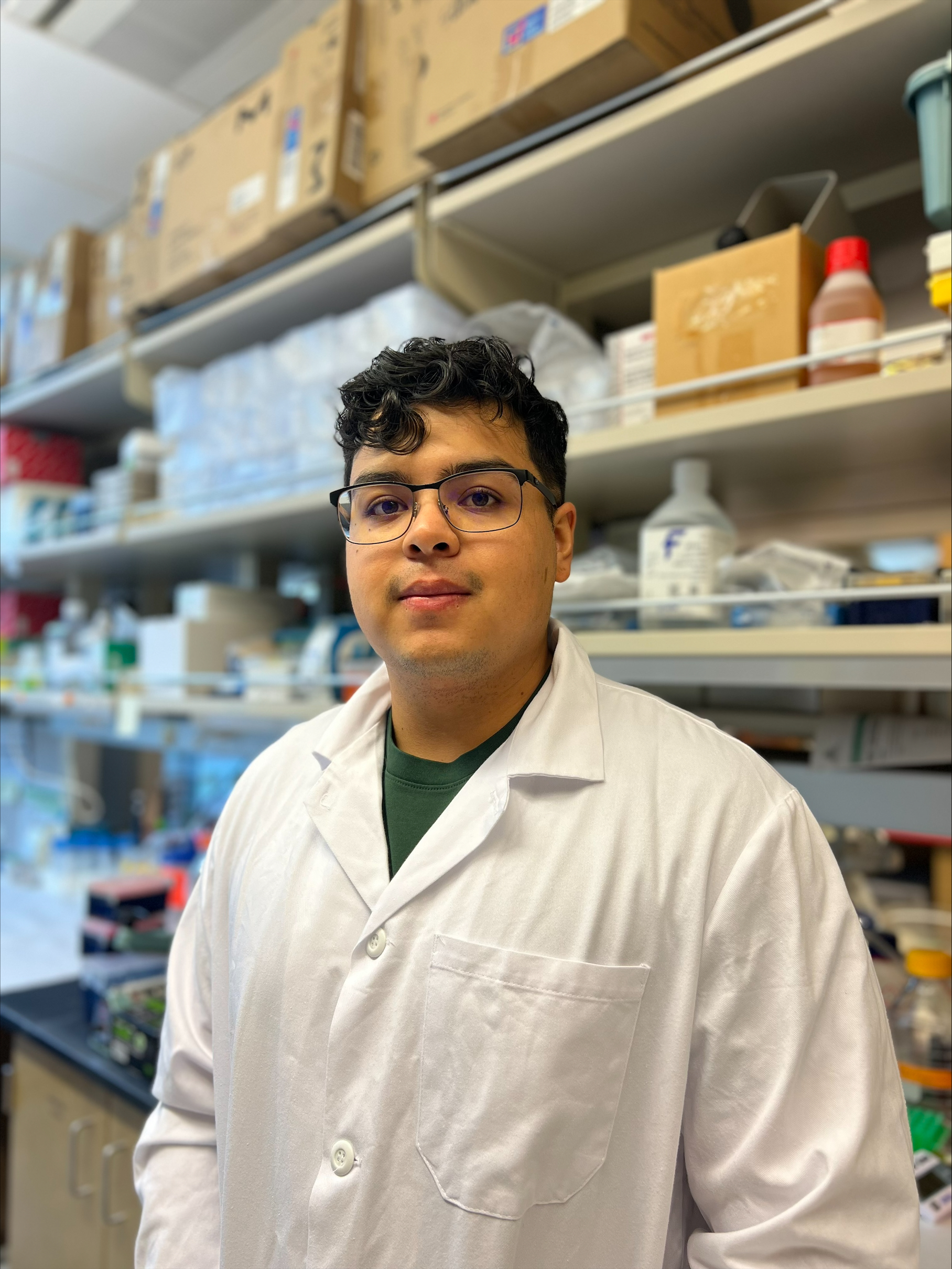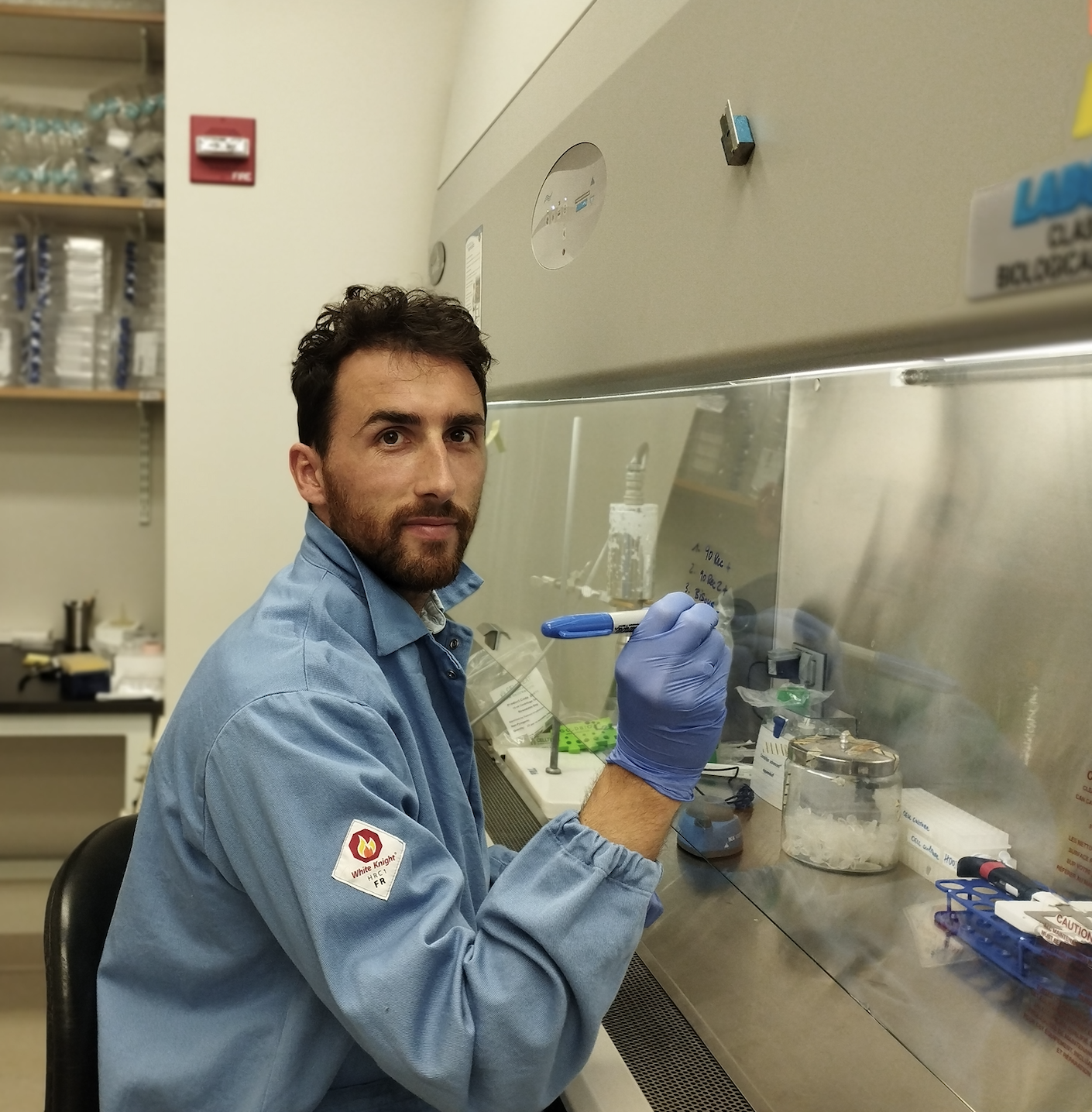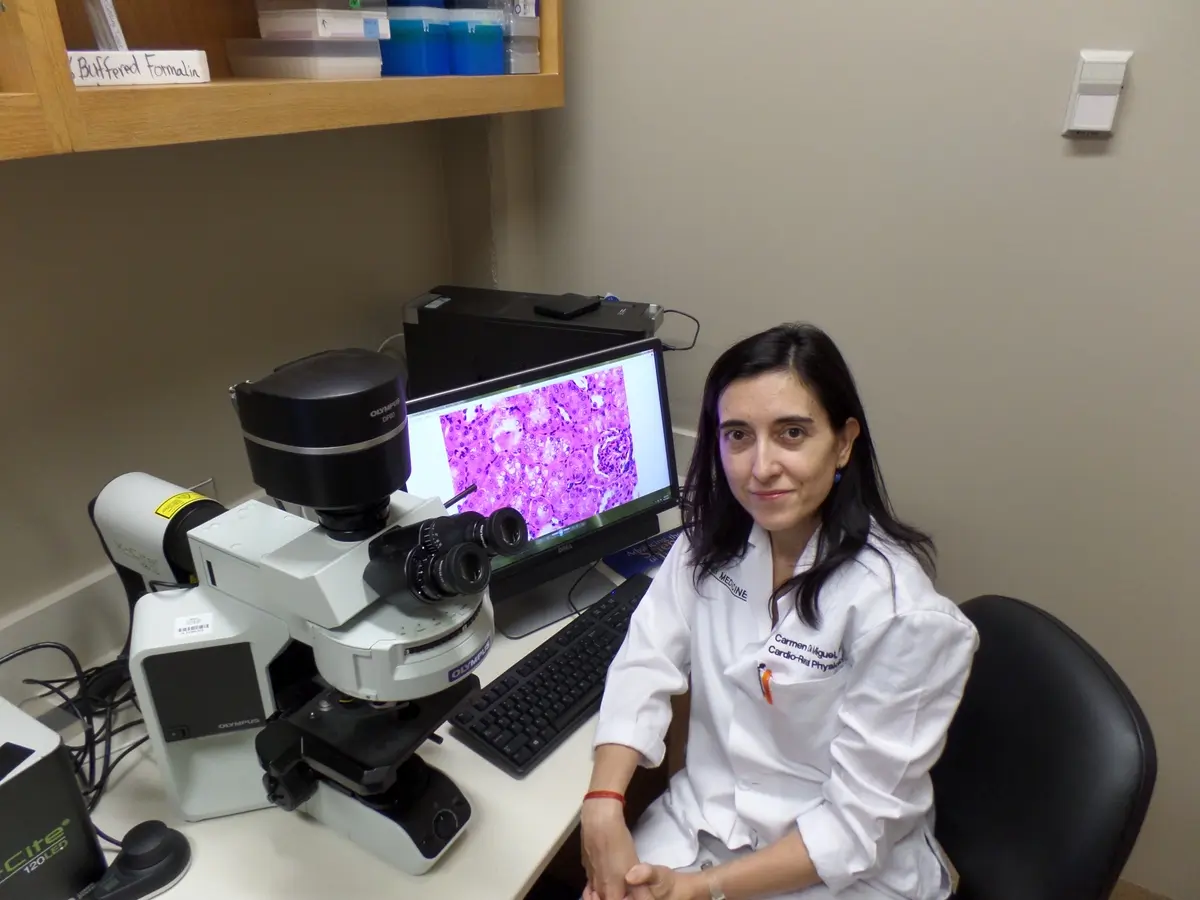Where is She Now?
Sangeeta Dhawan, Ph.D.’s DRC funded research project enabled her lab to obtain important insights into the process of beta-cell maturation. We recently connected with her and she shared that an exciting outcome of her DRC funded project is that she started her own lab. “I am currently an assistant professor at Diabetes and Metabolism Research Institute, City of Hope. My research focuses on the epigenetic mechanisms of beta-cell homeostasis in health and disease.”
Final Project Report
This DRC sponsored project aimed to develop a model of expanding functional beta cell mass for replenishment therapy. We have identified a key molecular regulator of islet cell proliferation, Cdc7 (cell division cycle 7), which marks rapidly expanding, functionally immature beta cells in the fetal life and is absent in functionally mature, nonproliferating beta cells after birth. Cdc7 is a critical replication initiation factor and is only expressed in replicating cells. We therefore proposed to transiently re-express this regulator in beta-cells to drive a rapid burst of proliferation, followed by withdrawing this factor to stop proliferation and restore beta cell function.
Read Other Project Updates Here
Project Description
Type 1 Diabetes results from destruction of functional insulin producing cells, and can be reversed by replacement of these cells by transplantation. However, due to shortage of donor tissue material, this approach has limited application for treatment. Expansion of the insulin producing cells, therefore, presents itself as an attractive therapeutic alternative. This may be potentially achieved by expanding the insulin producing cells from donors in the lab prior to transplantation, or expanding these cells inside the body. A lot of research has been devoted to development of sources of insulin producing cells. While promising in terms of providing sufficient number of cells, most current approaches often result in cells that do not function properly. Thus, the ideal approach of cell replacement therapy would be to combine expansion of cell number, with improved function. Our project aims to develop a novel approach by which we can first expand the number of insulin producing cells, and then make them functional.
The key innovative aspect of this project is that we are applying knowledge gained from our studies on how insulin producing cells are formed and expand in the body prior in fetal life and how they subsequently learn to secrete insulin to respond to changes in blood sugar. Insulin producing cells expand in numbers during fetal life by rapid duplication, though at this point they do not function properly. Soon after birth, they slow down duplication and acquire proper function. Most of the donor tissue available is from adults. However, the insulin producing cells in adults rarely duplicate. So how do we expand these cells and also make sure that they function? We have identified a molecular switch that regulates the transition from fast duplication, non-functional insulin cells of the fetus to slow duplicating, fully functional cells after birth. We propose to manipulate this switch to first expand adult insulin producing cells and then make them functional.
Type 1 diabetes is an autoimmune disease afflicting 5%–10% (approximately 1 million people) of the diagnosed diabetic population in the United States (Centers for Disease Control and Prevention, 2003). As T1D patients require life- long insulin therapy and have a high risk of medical complications, preventative or curative therapies are urgently needed. This work will lead to future development of novel drugs that can be delivered as oral medication for diabetes. I have extensive experience in diabetes research and I work in an environment that fosters translation of research from bench to bedside. Our center is home to cutting edge research on diabetes biology which is supported by organization such as National Institutes of Health and Juvenile Diabetes Research Foundation.
The main goal of this project is to develop a method to derive abundant numbers of functional insulin producing cells for Type 1 diabetes therapy. This project will not only be a big step towards expanding adult functional insulin producing cells transplantation therapy, but will also provide a way to expand patient’s own cells inside the body.

